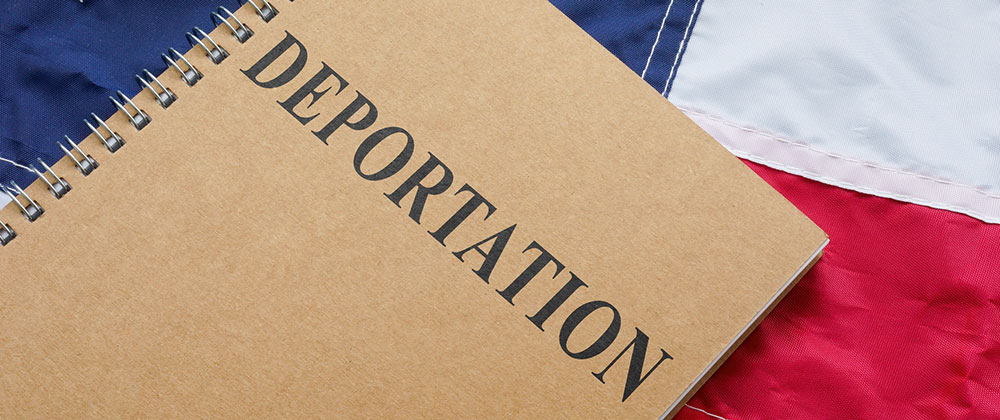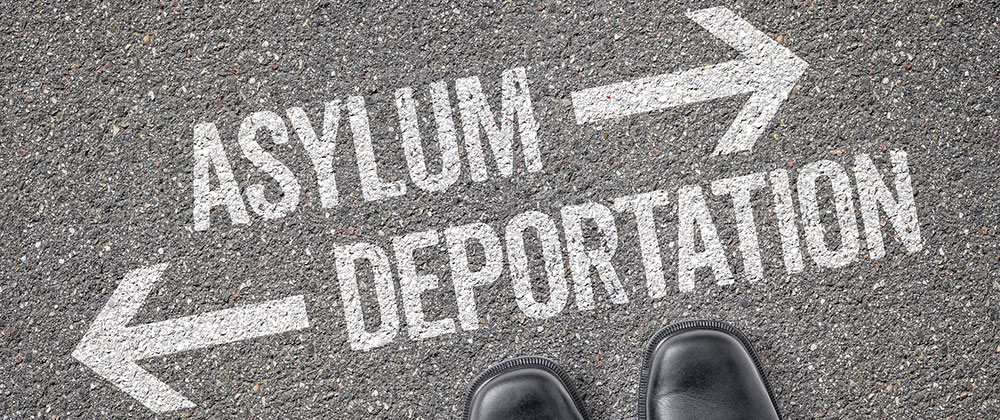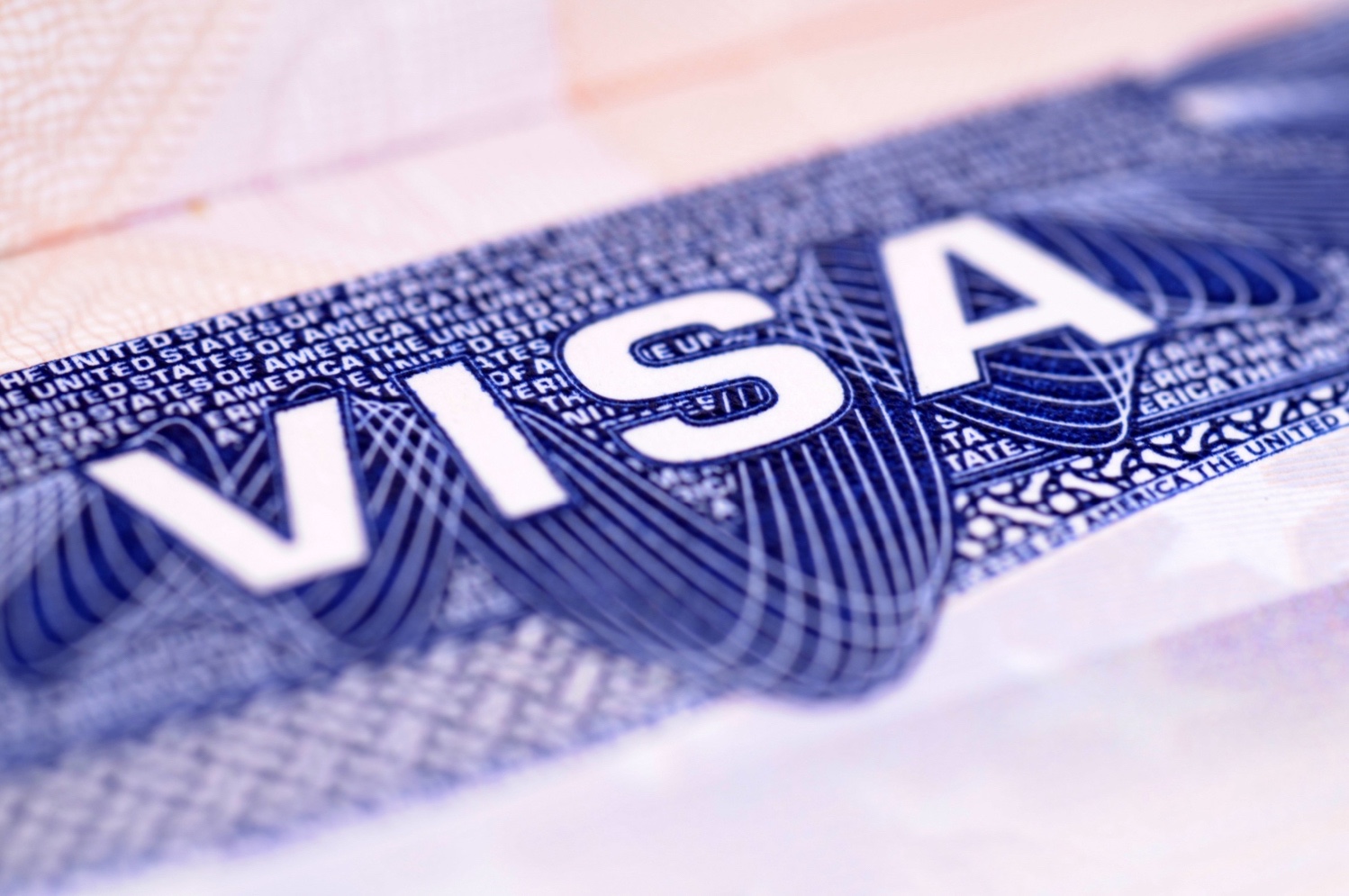Our office represented a medical doctor who was subject to a 2 year foreign residence requirement on completion of her authorized stay. We applied for a Waiver for her because she worked in a hospital in New York that treated patients who had suffered serious lesions from exposure to radiation. The Atomic Energy Commission supported the Waiver because her medical work was an integral and vital part of the success and continuance of the program. Also her country had no similar program and hence, her special skills would be wasted if she returned to her own country. The U.S. State Department approved the Waiver, and allowed her to obtain her permanent residence.
TWO YEAR FOREIGN RESIDENCE REQUIREMENT
Certain categories of J-1 visa holders are subject to return to their country or last place of residence when they complete their authorized exchange program. After they have stayed in their country or last place of residence for 2 years, they may apply for adjustment of status or a nonimmigrant visa to come to the U.S. Persons subject to the foreign residence requirement:
- J-1s who were financed whole or in part, directly or indirectly, by an agency of the U.S. or by the government of the J-1’s nationality or country of last residence;
- J-1s who are engaged in an occupation that was listed on the Department of State’s Skills List. This designation is promulgated by each country sending foreign exchange students to us to enable those countries needing their nationals’ skills to require their nationals to return to their countries to benefit their countries to make available their skills needed for a period of 2 years. This list is kept up-to-date and is referable to in the Skills List of the Department of State.
- J-1s who come to the U.S. to receive graduate medical education or medical training
WAIVER OF THE 2 YEAR REQUIREMENT
An application for a Waiver to the Immigration Service can only be approved after a favorable recommendation by the Department of State. Waivers may be granted for the threat of persecution in the exchange visitor’s country based on race, religion or political opinion. Also Waivers can be granted for exceptional hardship to a U.S. citizen or permanent resident spouse or child who would accompany the exchange visitor abroad for the 2 years foreign residence or if the spouse and child were to remain in the U.S. separated from the exchange visitor, extreme hardship to the wife and child would ensue. An example of this exceptional hardship would be a critical medical problem that would be severely aggravated by the separation.
NO OBJECTION OF THE EXCHANGE VISITOR’S COUNTRY
The exchange visitor may apply and receive consent for his/her country’s non objection letter. If the exchange visitor’s country’s foreign office notifies the Department of State that it has no objection, the Department of State will normally approve the Waiver.
FEDERAL AGENCY’S REQUEST
If a U.S. agency requests the Department of State to grant the Waiver because it would be in the public interest and that the departure of the exchange student would be detrimental to a program or an activity of official interest to an agency or the U.S. or to the Department of State, the Waiver would almost certainly be approved
MEDICAL GRADUATES
A Waiver may be granted by the recommendation of a State or Federal Agency wishing to avail itself of the physician’s work in a designated medically undeserved area in the U.S.
STATE AGENCIES
Health Agencies of the State may recommend up to 30 Waivers annually provided the applicant obtains a no objection letter from his country if the medical training or education was funded by the J-1’s country or the U.S. and provided that the J-1 accepts full time employment at a health facility, within 90 days of receiving the Waiver, that provides primary care or specialty medicine for 3 years in an area of the U.S. that is underserved in the U.S.
Our assistance is only a phone call, or e-mail communication away!



